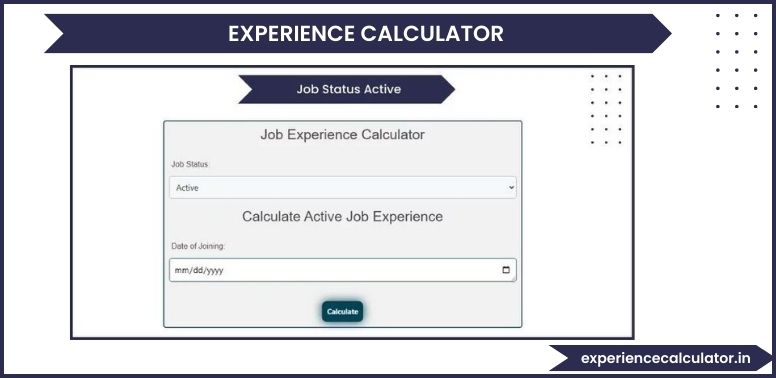In the competitive job market today, pursuing a Master of Business Administration (MBA) degree has become a popular choice for professionals aiming to advance their careers and attain higher leadership positions. One crucial aspect that employers consider while hiring MBA graduates is their work experience.
But how exactly is work experience calculated for an MBA employee? In this article, we will explore the various factors that contribute to calculating work experience for MBA graduates and understand its significance in the corporate world.
1. Defining Work Experience for an MBA Employee
Before delving into the specifics, it is essential to define what constitutes work experience for an MBA employee.
Work experience refers to the cumulative time an individual has spent working in relevant job roles before and during their MBA program. It includes both full-time and part-time work, internships, co-op programs, and any other professional engagements in the business domain.
2. Pre-MBA Work Experience
Pre-MBA work experience is a candidate's professional background before enrolling in an MBA program.
Most business schools and employers consider this a crucial factor in the selection process. Typically, candidates with substantial pre-MBA work experience tend to have an edge over those with little or no prior professional exposure.
3. Post-MBA Work Experience
Post-MBA work experience refers to the time spent working in relevant roles after completing the MBA program.
This period is equally vital as it showcases how the individual has applied the knowledge and skills gained during their MBA studies in a real-world business environment.
4. Calculating Work Experience for Admissions
When applying for an MBA program, candidates are required to provide detailed information about their work experience.
Admissions committees evaluate this data to determine a candidate's eligibility, potential, and fit for the program. While calculating work experience, the following factors are typically considered:
a. Duration of Employment
The total number of months or years a candidate has worked is a critical factor in calculating work experience.
The longer the duration, the more value it adds to the candidate's profile.
b. Full-time vs. Part-time Work
Full-time work experience usually holds more weightage than part-time engagements.
However, part-time work can still be valuable, especially if it is relevant to the candidate's career goals.
c. Job Roles and Responsibilities
The nature of the candidate's job roles and the level of responsibility held play a significant role in determining the quality of work experience. Leadership positions and managerial roles are often seen as valuable assets.
d. Industry Relevance
The industry in which the candidate has gained work experience is also considered.
Experience in sectors closely related to the candidate's post-MBA goals may be given more importance.
Source: https://experiencecalculator.in/
https://www.quora.com/How-is-work-experience-calculated-by-universities-for-MBA-through-GMAT
5. Importance of Work Experience for an MBA Employee
Work experience is a crucial aspect of an MBA candidate's profile, and it holds several benefits:
a. Practical Application of Knowledge
Work experience allows MBA graduates to apply the theoretical knowledge gained during their studies in real-world scenarios.
This application enhances their problem-solving and decision-making abilities.
b. Professional Network Building
During their work experience, MBA employees have the opportunity to build a strong professional network, which can prove invaluable for career growth and opportunities.
c. Leadership and Management Skills
The challenges faced and responsibilities handled during work experience contribute to the development of leadership and management skills, making MBA graduates more competent in managerial roles.
d. Credibility and Confidence
Having substantial work experience adds credibility to an MBA employee's profile and boosts their confidence in handling complex business situations.
6. Conclusion
Work experience is a critical factor that plays a pivotal role in shaping the career trajectory of an MBA employee.
It showcases a candidate's ability to apply knowledge, handle responsibilities, and succeed in a professional environment.
Aspiring MBA candidates should focus on gaining relevant work experience before and after their MBA studies to stand out in the competitive job market and secure rewarding career opportunities.
FAQs
Q1: Is work experience mandatory for pursuing an MBA?
Ans: While some MBA programs may accept candidates with limited work experience, most reputable business schools prefer candidates with significant pre-MBA work experience.
Q2: How do internships contribute to work experience calculation?
Ans: Internships are considered a valuable part of work experience, as they provide practical exposure to the business world and its operations.
Q3: Can entrepreneurship experience be counted as work experience?
Ans: Yes, entrepreneurship experience is generally considered work experience, as it involves managing a business and developing various skills.
Q4: Do part-time MBA programs value work experience differently?
Ans: Part-time MBA programs often cater to working professionals and may give more weightage to their work experience.
Q5: Can volunteer work be included in work experience calculations?
Ans: Volunteer work that is relevant to the candidate's career goals can be included in work experience calculations, but its impact may vary depending on the program or employer's policies.





Comments